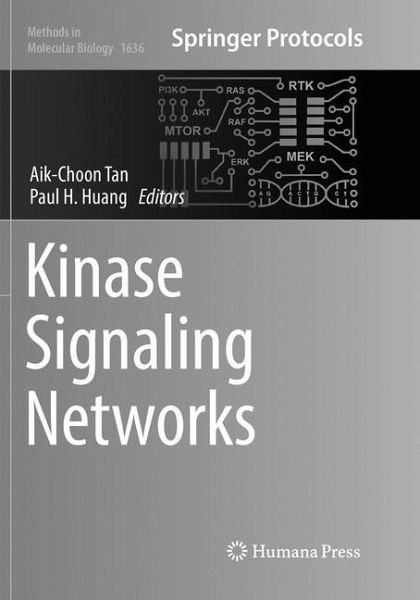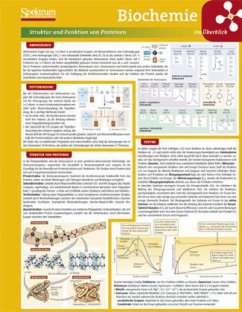
Kinase Signaling Networks
Versandkostenfrei!
Versandfertig in 6-10 Tagen
127,99 €
inkl. MwSt.

PAYBACK Punkte
64 °P sammeln!
This detailed volume describes cutting-edge techniques in three distinct and complementary areas of contemporary kinase biology research. Beginning with a section on synthetic biology, chemical biology, and screening approaches to kinase signaling networks, the book continues with sections on mass spectrometry and metabolic analysis of kinase signaling as well as computational analysis of kinase signaling networks. Written for the highly successful Methods in Molecular Biology series, chapters include introductions to their respective topics, lists of the necessary materials and reagents, step...
This detailed volume describes cutting-edge techniques in three distinct and complementary areas of contemporary kinase biology research. Beginning with a section on synthetic biology, chemical biology, and screening approaches to kinase signaling networks, the book continues with sections on mass spectrometry and metabolic analysis of kinase signaling as well as computational analysis of kinase signaling networks. Written for the highly successful Methods in Molecular Biology series, chapters include introductions to their respective topics, lists of the necessary materials and reagents, step-by-step, readily reproducible laboratory protocols, and tips on troubleshooting and avoiding known pitfalls.
Authoritative and practical, Kinase Signaling Networks aims to provide scientists with the tools necessary to overcome the technological bottlenecks that limit our ability to gain a deeper mechanistic understanding of kinase biology.
Authoritative and practical, Kinase Signaling Networks aims to provide scientists with the tools necessary to overcome the technological bottlenecks that limit our ability to gain a deeper mechanistic understanding of kinase biology.












